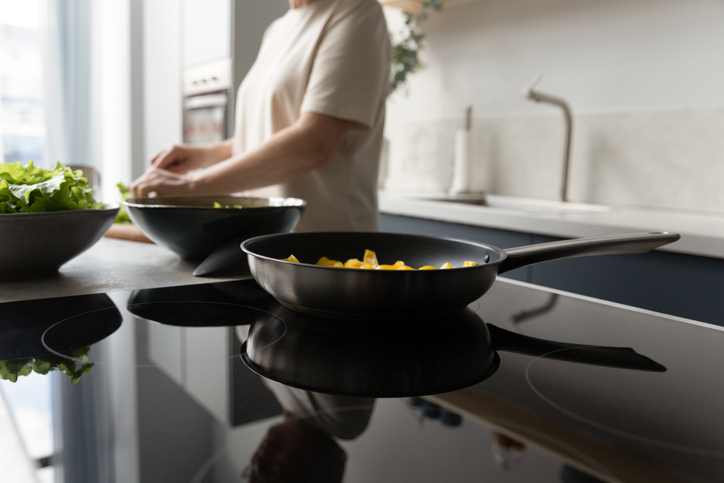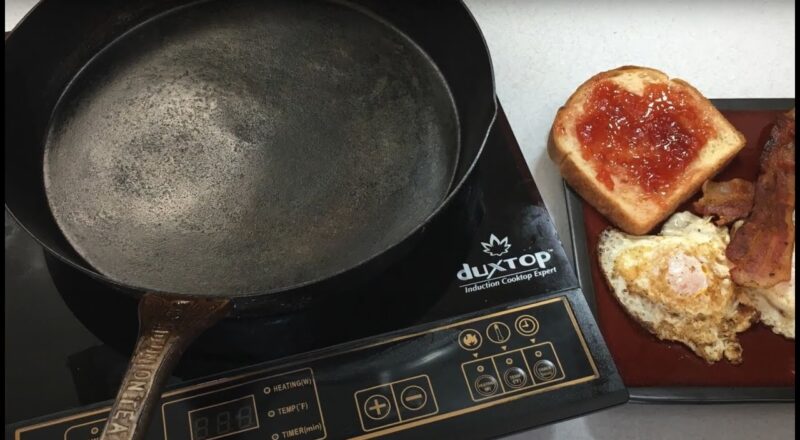If you’ve ever wondered how to avoid scratches with cast iron, you’re not alone. Many people love using cast iron for its versatility and durability. However, maintaining its smooth surface can be challenging. In this article, we’ll explore practical tips and tricks to help you keep your cast iron cookware in pristine condition and free from unsightly scratches.

Understanding the Importance of Cast Iron Care
Cast iron is a beloved material in kitchens worldwide due to its ability to retain heat and cook food evenly. However, it requires special care to maintain its surface. Scratches can occur for various reasons, and understanding the importance of cast iron care is essential for prolonging its life and performance.
What Causes Scratches on Cast Iron?
Scratches on cast iron can be caused by several factors. One common cause is using metal utensils, which can scrape the surface. Another factor is improper stacking and storage, leading to friction between cookware pieces. Understanding these causes can help you take preventive measures.
Using the Right Utensils
To prevent scratches, it’s crucial to use the right utensils. Opt for wooden, silicone, or plastic utensils rather than metal ones. These materials are gentler on the cast iron surface and significantly reduce the risk of scratches.
Proper Cleaning Techniques
Cleaning your cast iron properly is vital for maintaining its surface. Avoid using abrasive cleaning tools like steel wool. Instead, use a soft sponge or brush with mild soap. After cleaning, dry the cookware thoroughly to prevent rust.
Seasoning Your Cast Iron
Seasoning is a critical step in cast iron care. It involves applying a thin layer of oil and heating it to create a natural non-stick surface. Regular seasoning not only prevents food from sticking but also protects the cookware from scratches.
How Often Should You Season?
The frequency of seasoning depends on how often you use your cast iron. For frequent users, seasoning once a month is recommended. If you notice food starting to stick or the surface becoming dull, it’s time to reseason.
Storing Cast Iron Properly
Proper storage plays a significant role in preventing scratches. Stack your cast iron cookware with protective layers, such as paper towels or cloth, between each piece. This practice minimizes friction and potential scratches.
Avoiding Moisture
Moisture can lead to rust, which weakens the surface and makes it prone to scratches. After cleaning, ensure your cast iron is thoroughly dry before storing it. Consider placing it in a warm oven for a few minutes to evaporate any remaining moisture.
Using Cast Iron on Induction Cooktops
Induction cooktops are gaining popularity, and many wonder if they are suitable for cast iron. The answer is yes! Cast iron works well on induction cooktops, as it heats evenly and retains heat efficiently. However, to avoid scratches, ensure the cookware’s bottom is clean and smooth before placing it on the cooktop. For more tips on using cast iron with induction, check out this induction heating guide.
Preventing Scratches on Induction Cooktops
To prevent scratches on your induction cooktop, avoid sliding the cast iron cookware. Instead, lift it off the surface. Also, make sure the cooktop is clean before use. For more information, visit Lodge Cast Iron’s guide on using cast iron over any heat source.
Reconditioning Scratched Cast Iron
If your cast iron does develop scratches, don’t worry. You can recondition it by sanding the scratched area with fine-grit sandpaper, cleaning it, and then reseasoning the surface. This process restores the smoothness and enhances the cookware’s performance.
When to Replace Cast Iron
While cast iron is incredibly durable, there may come a time when it needs replacement. If the cookware has extensive rust, deep cracks, or significant warping, it might be time to invest in a new piece.

FAQs about Cast Iron Scratches
How can I prevent scratches when stacking cast iron?
Use protective layers like cloth or paper towels between stacked pieces to prevent friction and scratches.
Is it okay to use metal utensils on cast iron?
It’s best to avoid metal utensils, as they can scratch the surface. Opt for silicone, wood, or plastic alternatives.
How often should I re-season my cast iron?
Season your cast iron once a month or whenever the surface appears dull or food starts sticking.
This article contains affiliate links. We may earn a commission at no extra cost to you.

